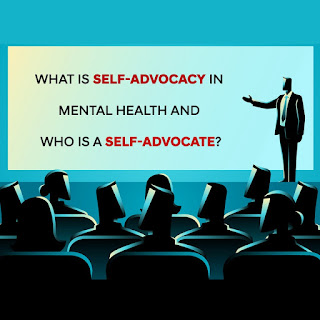Recovery Model Versus An Explicitly Medico-Psychological Model
Shall we take a look at how a recovery model operates viz a traditional medico- a psychological approach to dealing with mental health issues in clients? If people are responsible for their own lives, then supporting this process means avoiding the imposition of clinical meanings and assumptions about what matters and instead of offering support that is consistent with the person’s values as they work towards their life goals. It is not the job of mental health professionals to fix people during counseling or lead them to recovery. The primary job is to support people to develop and use self-management skills in their own life. WE SHOULD ALL KNOW SOME THINGS ABOUT RECOVERY. What are they? Personal recovery is as important or more important than clinical recovery. We should know that many people with mental illness do experience personal recovery. There are many ways in which mental health services and workers can support recovery. Stigma can be a barrier to recovery and so language matters.
Beliefs that people with mental illness are fundamentally different from other people are a hindrance to supporting recovery. It is more helpful to emphasize the ways in which people with mental illness are similar to everyone else in society. Other types of stigma that people who use mental health services are exposed to, need to be similarly recognized and acted upon e.g. racism, being a recipient of welfare benefits. A recovery orientation is evidence-based although not all evidence may be familiar to the doctors. Many workers are familiar with evidence from large groups, such as randomized controlled trials and systematic reviews. The evidence from individuals – personal narratives about their recovery - may be less familiar.
So a key approach towards developing recovery knowledge is being in contact with or learning about individuals who have a personal experience of recovery. This includes hearing people’s stories and reading recovery narratives. And learning from them what recovery means for them as per their words and their viewpoint and doing what they suggest as helpful. We need to focus on the lived experiences of these people.



Comments
Post a Comment